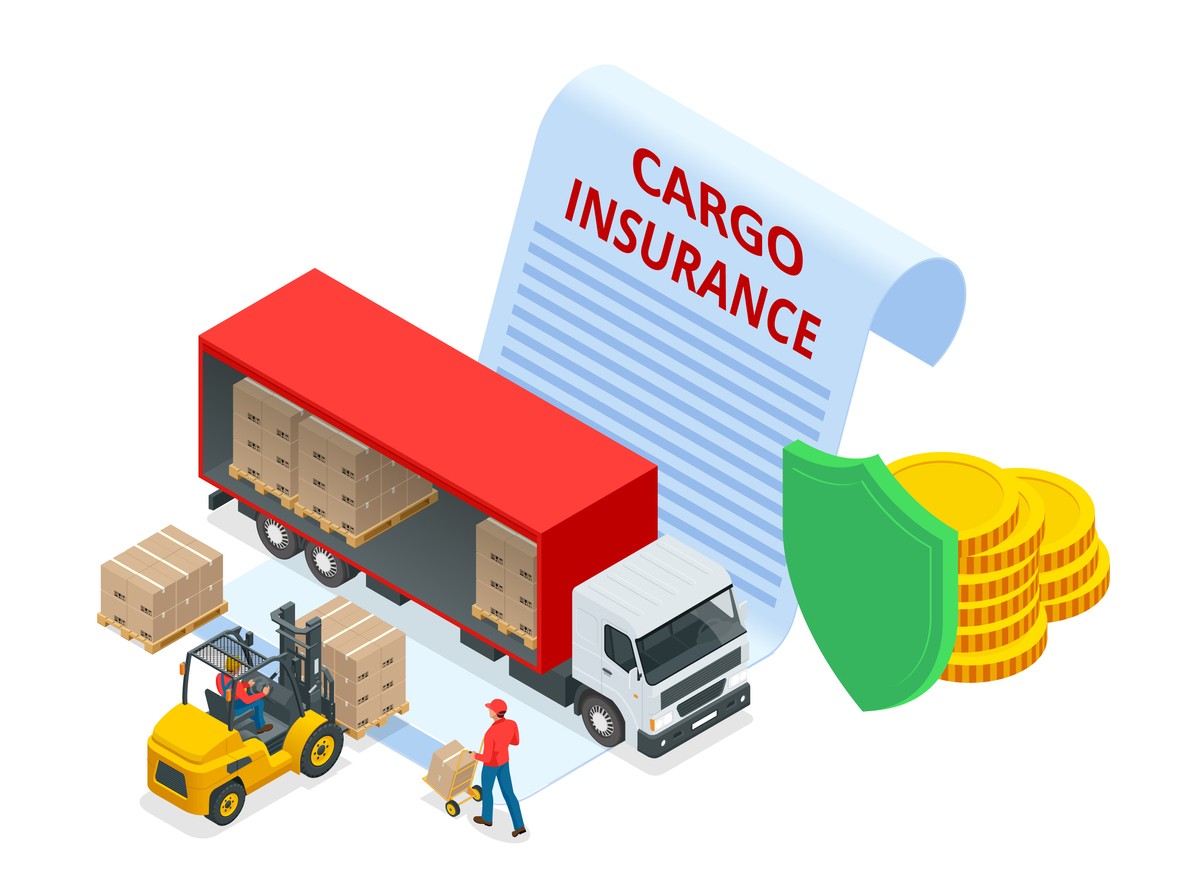Be your Logistics Department in China
Customized logistics solutions, your logistics expert in China
Customized logistics solutions, Shipping from China to the World
Tel:+8613424475220 Email:info@viputrans.com 
Freight transportation is generally safe and secure, but as with unforeseen events, problems can sometimes arise during freight transportation, whether your goods are transported by land, air or sea. Professional carriers or freight forwarders assume no full responsibility for any damage or loss and carriers and freight forwarders have limited liability. If the unexpected happens, you could be faced with a confusing mess of terms and conditions. This is why it is important to understand the general principles, what are the most common risks associated with the carriage of goods and when to arrange cargo insurance. We are well aware of the economic losses and mental pressure caused by the loss or damage of goods to the enterprise but do not know how to buy insurance. Viputrans can provide you with services and help you buy insurance. When the goods are damaged or lost, VIputrans can assist you in completing the claim to reduce your burden and protect your supply chain.
In addition to the risks associated with the operations associated with transport-handling-loading-unloading-storage, goods transported in trade are subject to a number of specific risks (loss, theft, breakage, moisture, etc.). Insurance freight involves goods transported by sea, land, air and river. These goods can be of different properties.
If your goods are of high value or are fragile items, it is recommended that you purchase insurance.
There are separate insurance policies for goods transported according to the mode of transport: air, sea, rail and truck.
1. Our insurance services cover almost all transportation types around the world, and there are almost no restrictions on the nature of the goods.
2. We also provide end-to-end insurance with high value limits for refrigerated cargo, dry container cargo and engineering logistics cargo.
3. Applicable to port-to-port, warehouse-to-warehouse transportation, or loss or damage occurring anywhere along the way.
4. Applicable to spot shipments and bulk contracts. Cargo insurance rates and coverage can be tailored to your needs.
Cargo insurance gives you the confidence that if something goes wrong during shipping, you will be compensated based on the commercial invoice value. If there is no commercial invoice, the amount will be determined based on market value. Shipping costs will also be reimbursed. The level of insurance premiums depends on several factors, including:
lThe value and nature of the goods
lDestination
lChosen mode of transportation

What can be insured?
Cargo insurance protects you on an all risks basis. Generally speaking, insurance covers all risks that are not expressly excluded. Coverage includes:
lLoss or damage to goods while loading into or out of a vehicle, or during transfer between different vehicles
lFires, lightning, explosions and other natural disasters
lImpact or fall of a flying object or its parts, including its cargo
What cannot be insured?
As with all insurance policies, certain risks and conditions are not covered. for example:
lImproper and inadequate packaging or improper storage due to intent or gross negligence on the part of the Insured
lNormal fluctuations in humidity or temperature
Documents during litigation
lCommercial invoice
lPackaging list
lTransportation ticket (waybill, delivery note, LTA, etc.)
lReports you made
lExpert or bailiff’s report (if applicable)
lInsurance certificate
Carrier Responsibilities
The carrier will compensate the shipper according to the upper limit specified in the transportation agreement. The consequences can be severe. The amount of compensation may be significantly lower than the actual value of the damaged goods.
Carrier exemption cases
As a general rule, liability on the part of the carrier is presumed whenever the goods are delivered in a different state from the state in which they were loaded (damage, loss, etc.). No compensation will be paid to the shipper if the carrier proves that it has made all necessary arrangements during transportation and does not assume its responsibility. This exemption is also valid for situations falling within the scope of force majeure. or the carrier’s circumstances are “unpredictable, irresistible, and unrelated to the business.”
If you have any question about insurance please feel free to consult Viputrans Lora Yang E-mail: sales02@viputrans.com
SKYPE|WECHAT|WHATSAPP|MOB:+86 13424468029
VIPU SUPPLY CHAIN LOGISTICS CO.,LTD
Copyright © 2003-2026 VIPU Supply Chain Logistics Co., Ltd. | All Rights Reserved
LOGISTICS | E-COMMERCIAL FULFILLMENT | ABOUT US | CASE | NEWS | VIDEO | CONTACT US
We will find the fastest or the cheapest way for your shipment. Please specify: where from, where to, what to ship.